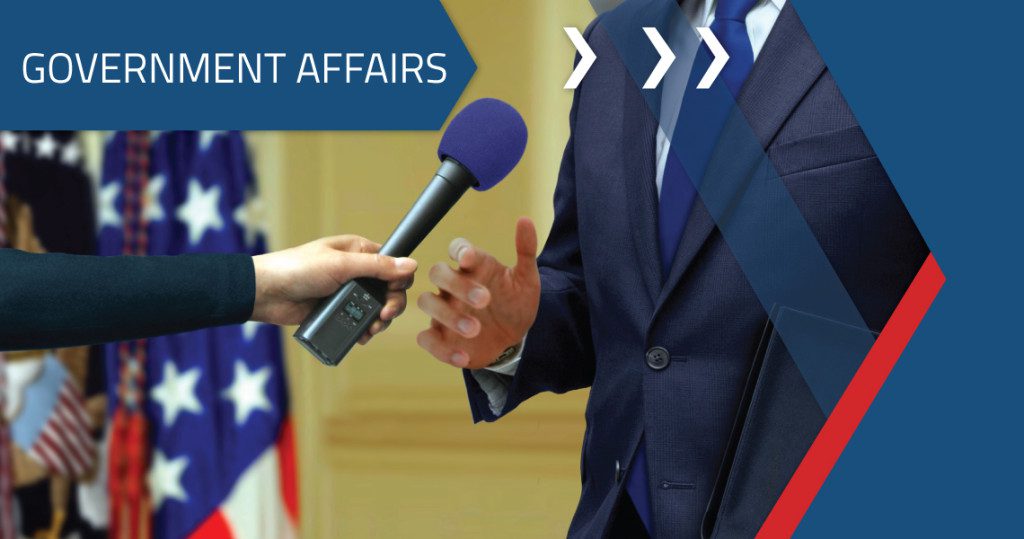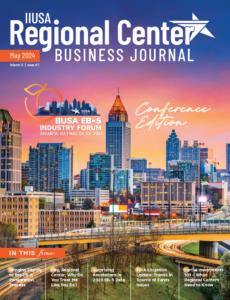
The Department of Homeland Security (DHS) published a notice of proposed rule-making (NPRM) to the Federal Register on the USCIS EB-5 fee schedule and other immigration benefit request requirements. In the NPRM, the DHS proposes to adjust certain fees related to the EB-5 Program.
According to the agency, the proposed fee updates are a result of the biennial fee review that highlighted increasing costs. The agency further noted, “USCIS cannot maintain adequate service levels with the effects of the budget cuts and its current level of spending without lasting impacts on operations. DHS proposes to adjust USCIS fees, add new fees for certain benefit requests, establish distinct fees for petitions for nonimmigrant workers, and limit the number of beneficiaries on certain forms.”
Fees for EB-5 petitions are proposed to increase as follows:
- I-526E from $3,675 to $11,160
- I-829 from $3,835 to $9,525
- I-956 from $17,795 to $47,695
- I-956G from $3,035 to $4,470
- I-956F $47,695 proposed fee
In addition to the NPRM, USCIS will host a listening session on January 11, 2023. The listening session is EB-5 stakeholder’s opportunity to provide oral comments to USCIS. The agency will accept comments for 60 days from the publication in the Federal Register which is March 6, 2023.
You can register for the listening session on the USCIS website here.
IIUSA will work with its Public Policy Committee to submit comments in response to the NPRM and we will provide updates as they become available.
From USCIS
The Department of Homeland Security (DHS) proposes to adjust certain immigration and naturalization benefit request fees charged by U.S. Citizenship and Immigration Services (USCIS). USCIS conducted a comprehensive biennial fee review and determined that its costs have increased considerably since its previous fee adjustment due to expanded humanitarian programs, higher demand, increased processing times, and a need for more USCIS employees. USCIS cannot maintain adequate service levels with the effects of the budget cuts and its current level of spending without lasting impacts on operations. DHS proposes to adjust USCIS fees, add new fees for certain benefit requests, establish distinct fees for petitions for nonimmigrant workers, and limit the number of beneficiaries on certain forms. DHS is also
proposing additional fee exemptions for certain humanitarian categories and changes to certain other immigration benefit request requirements. If DHS does not adjust USCIS fees it will not have the resources it needs to provide adequate service to applicants and petitioners or be able to keep pace with incoming benefit request workload, and USCIS processing times and backlogs will not improve. DHS intends for this rulemaking to provide the funding required for USCIS to improve service levels.








